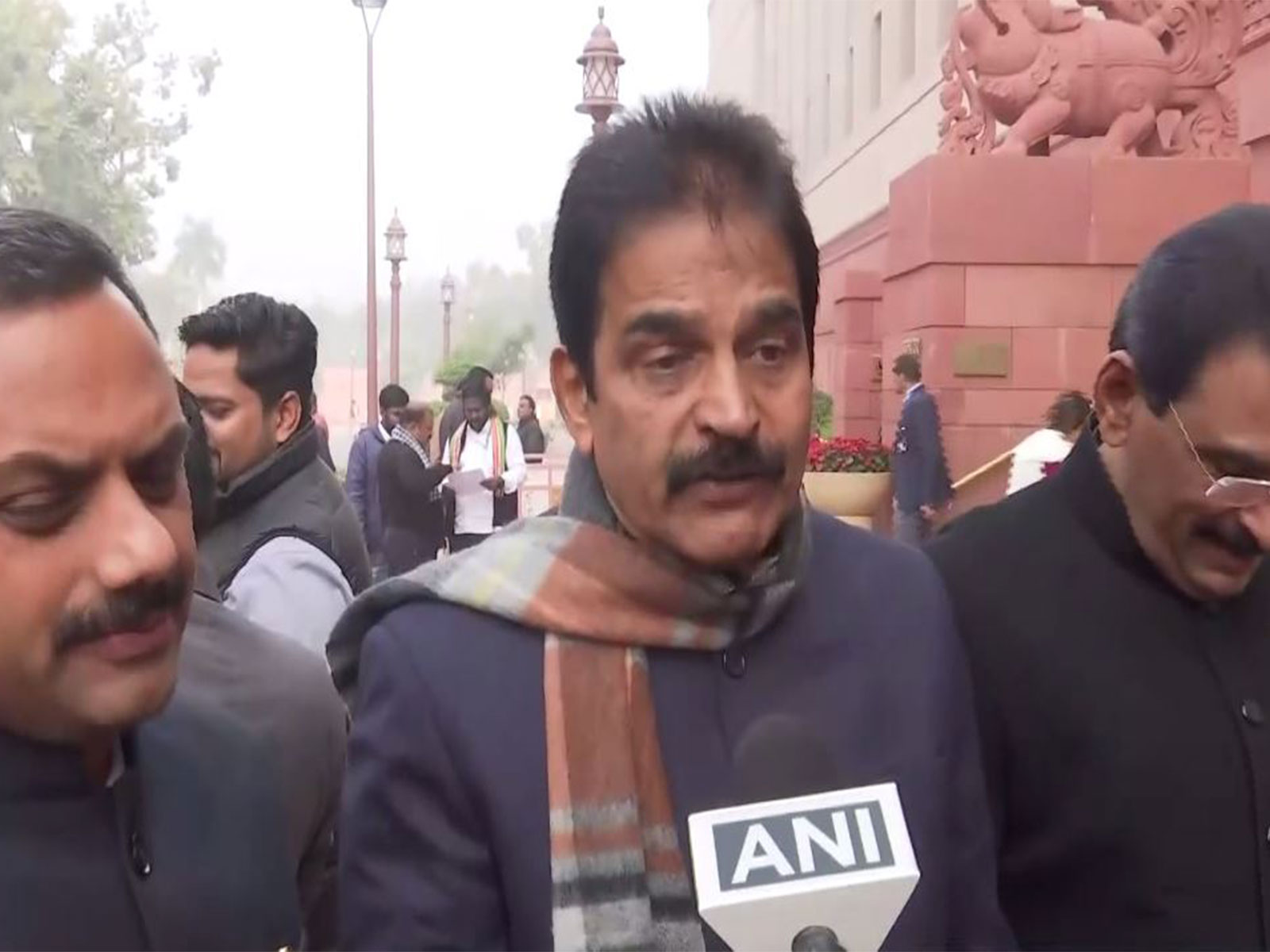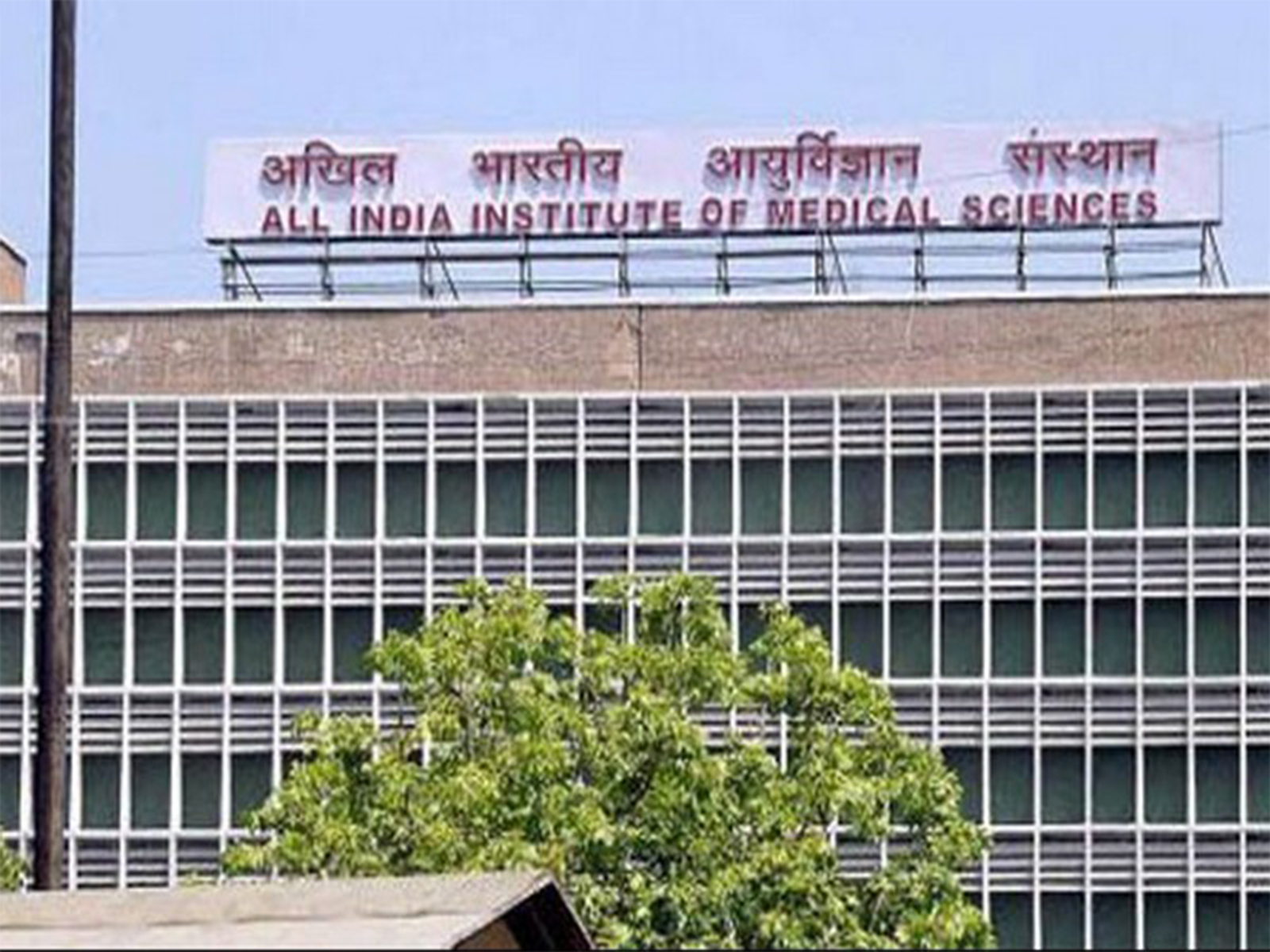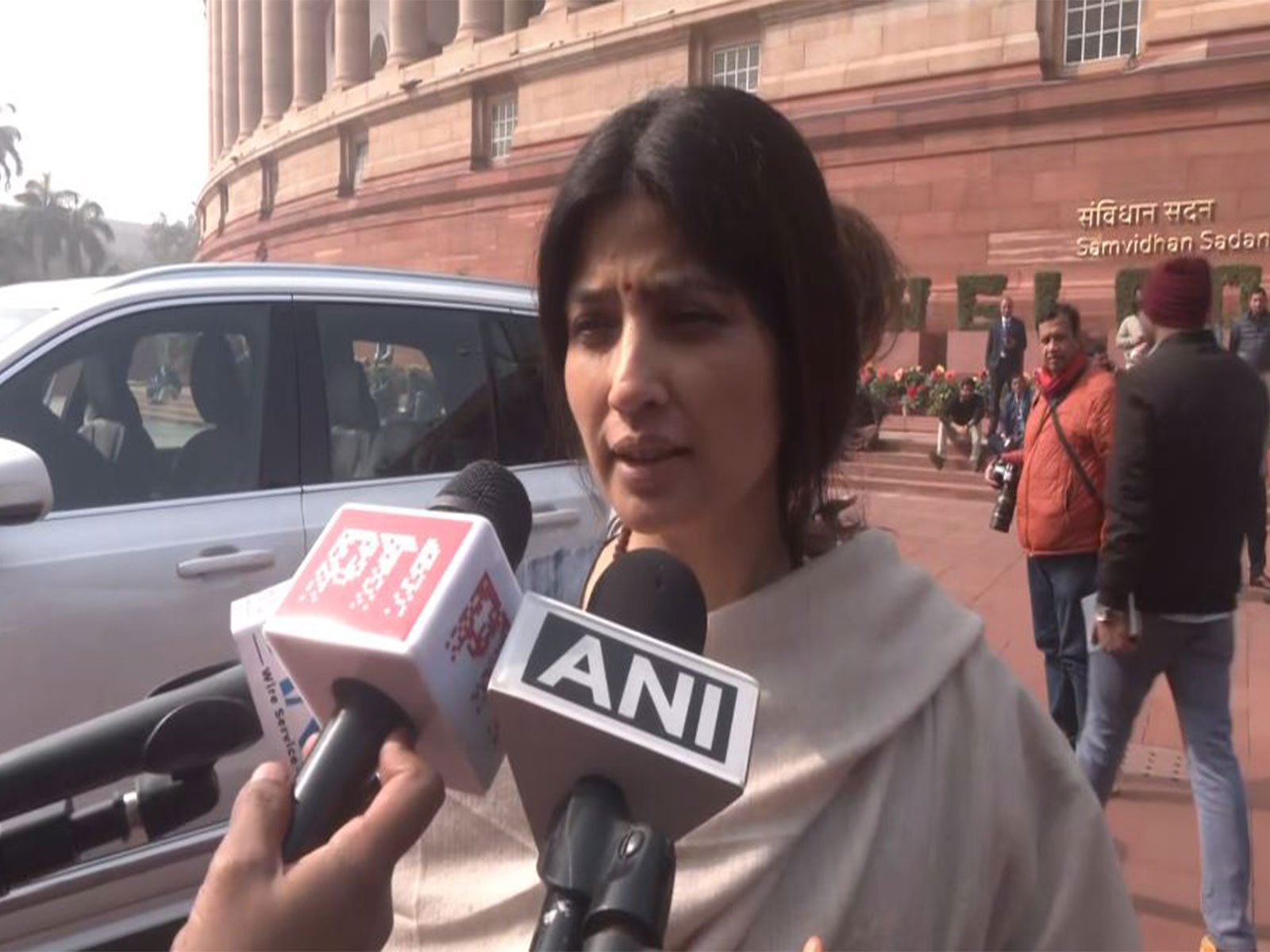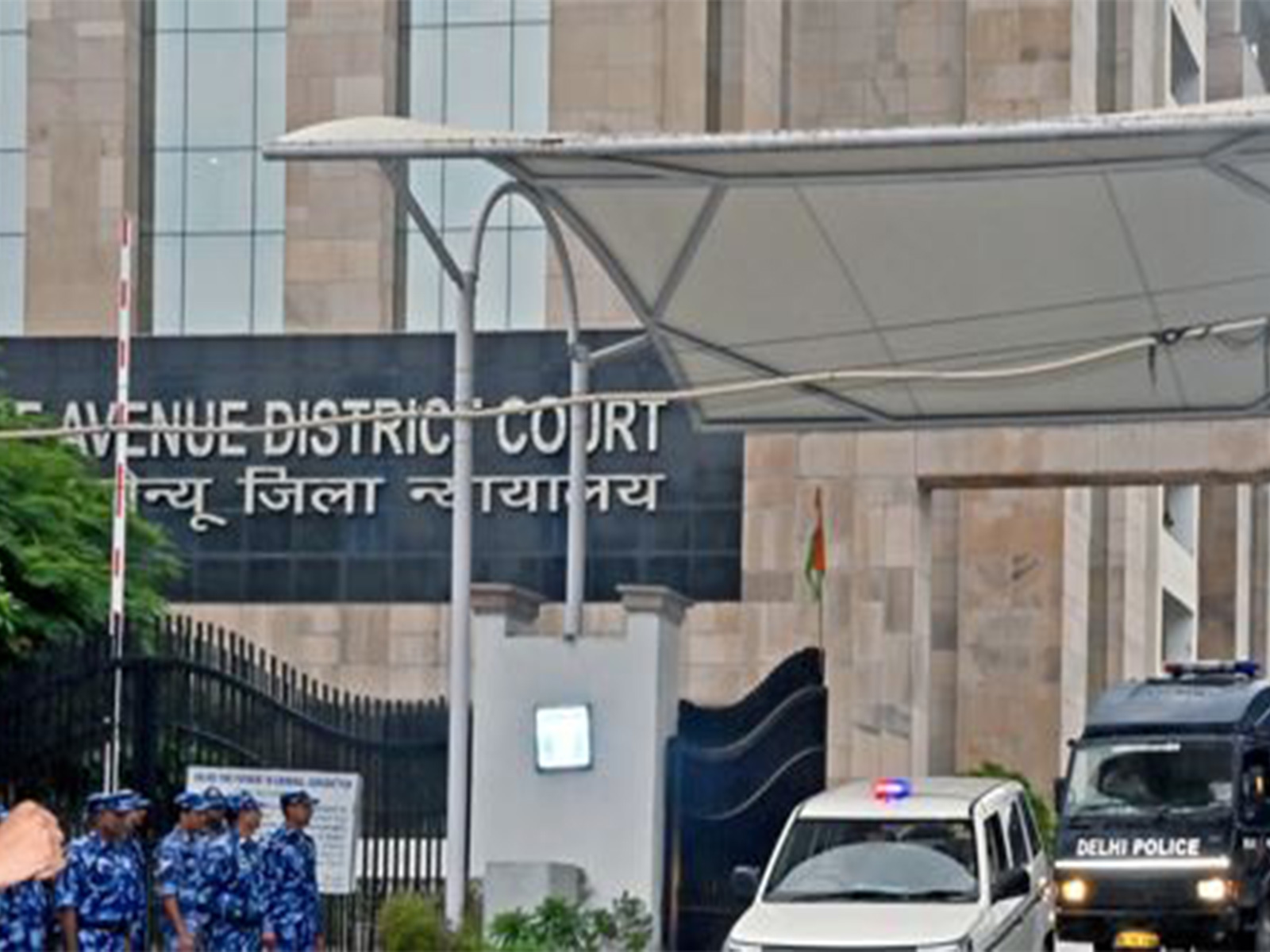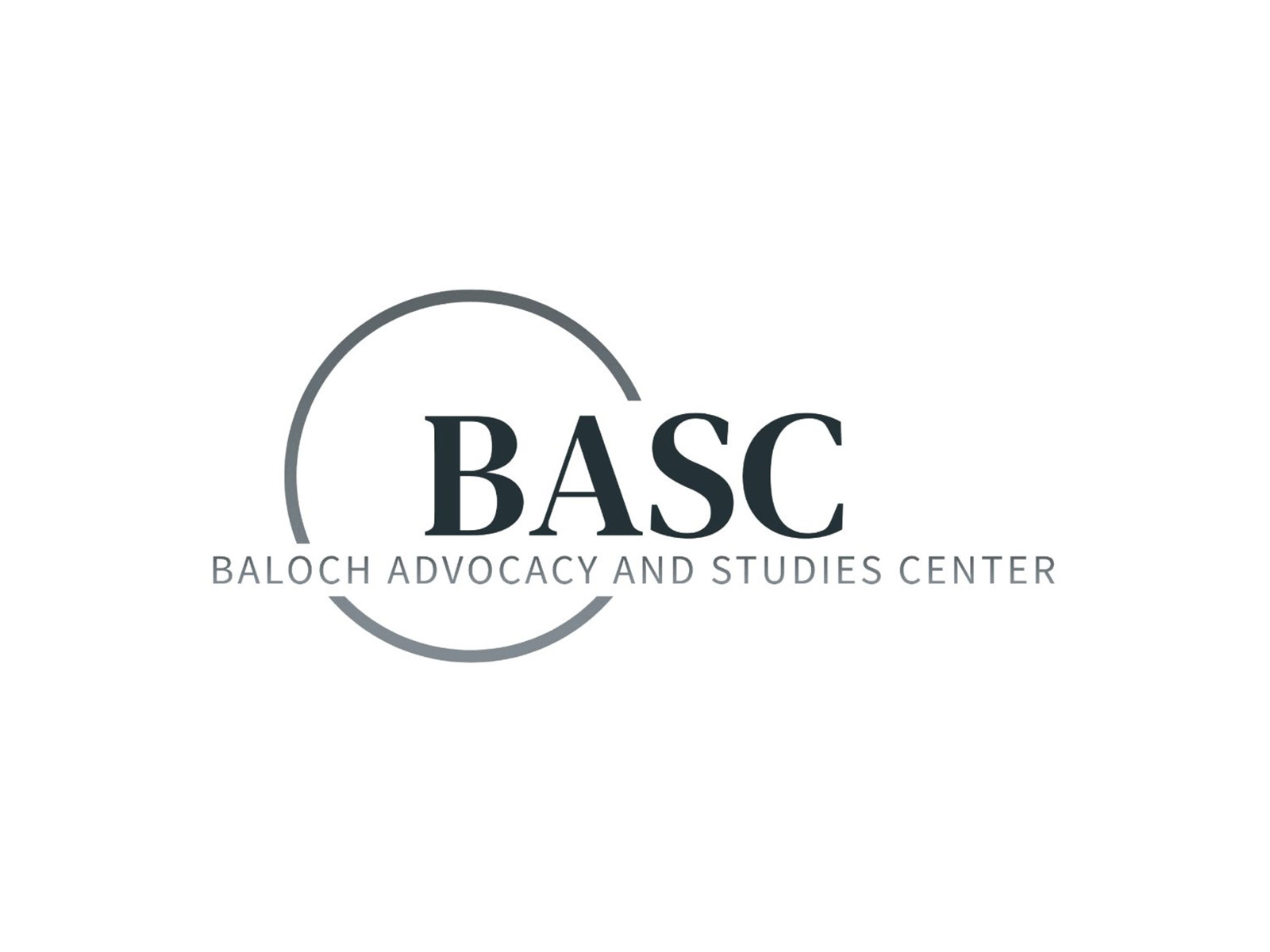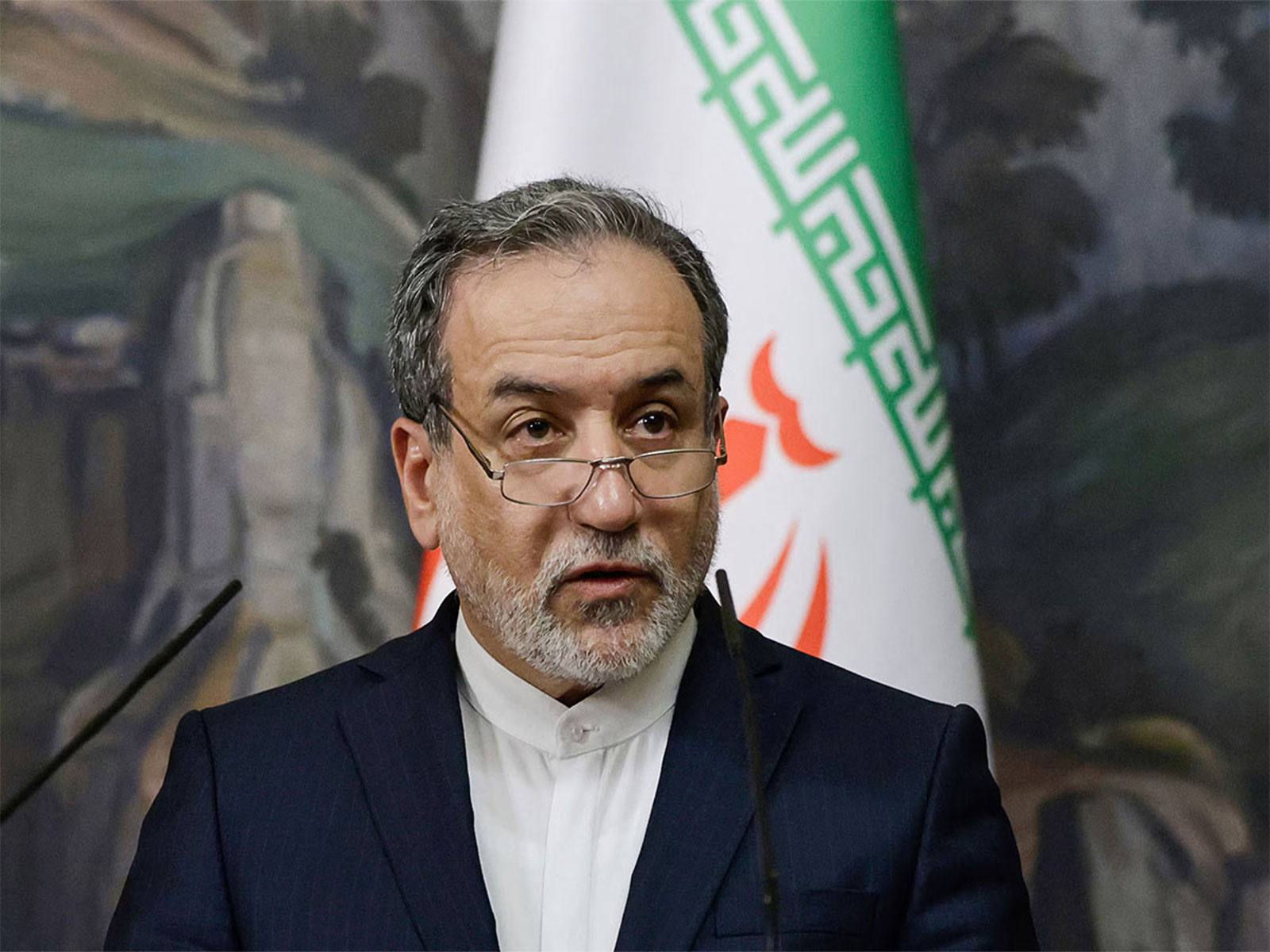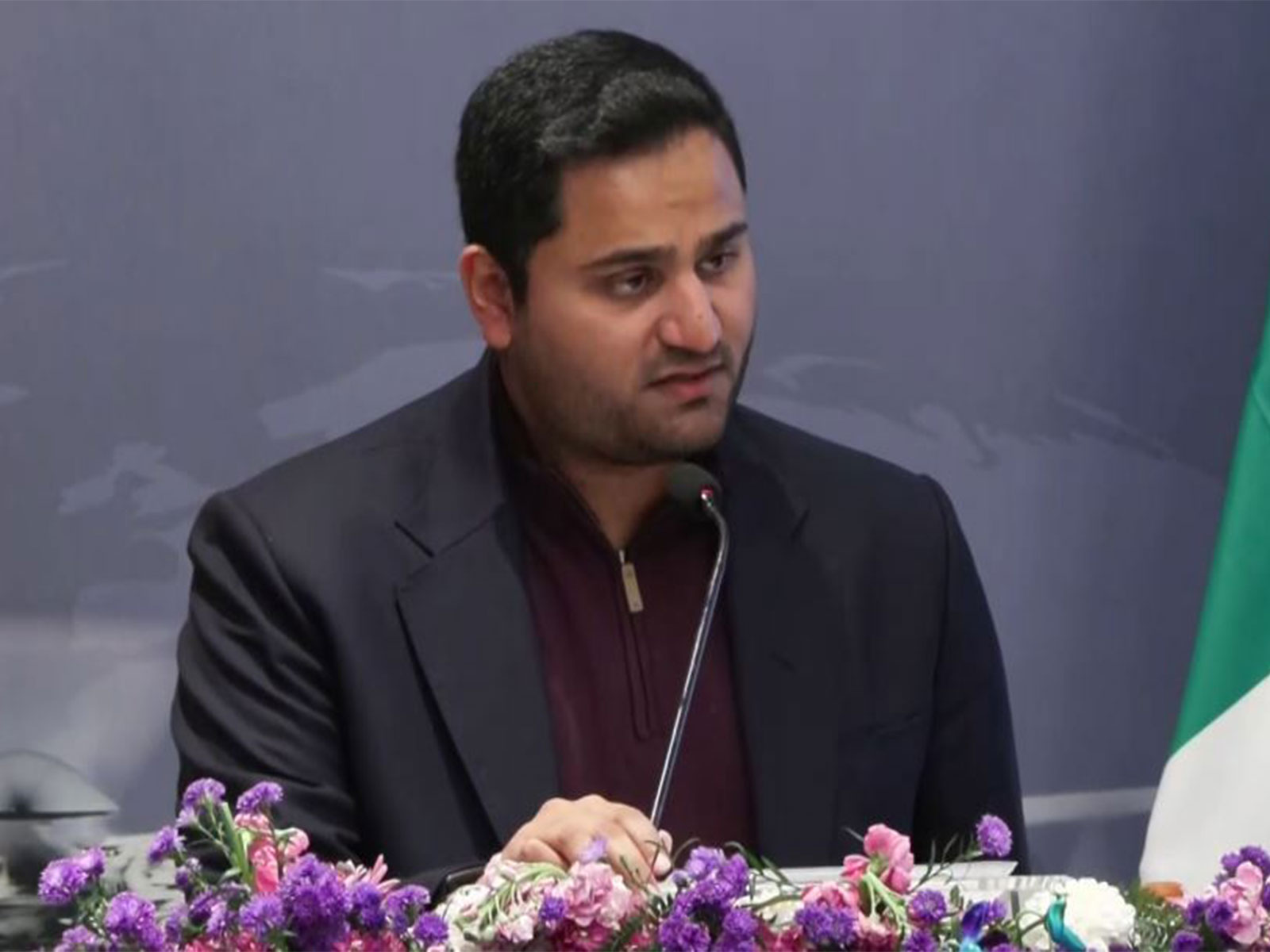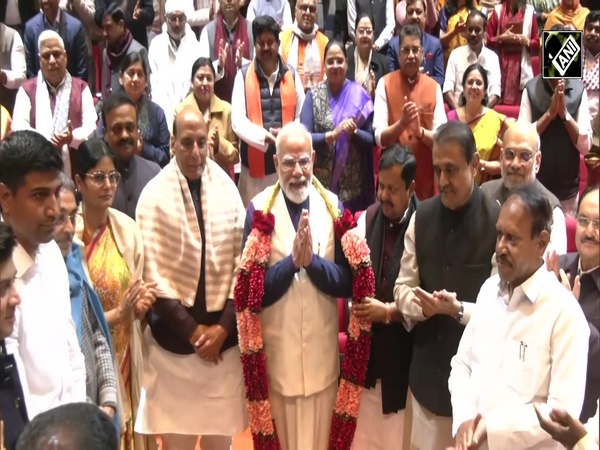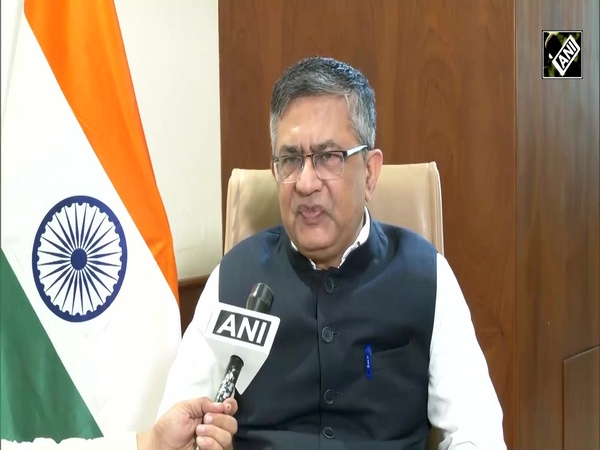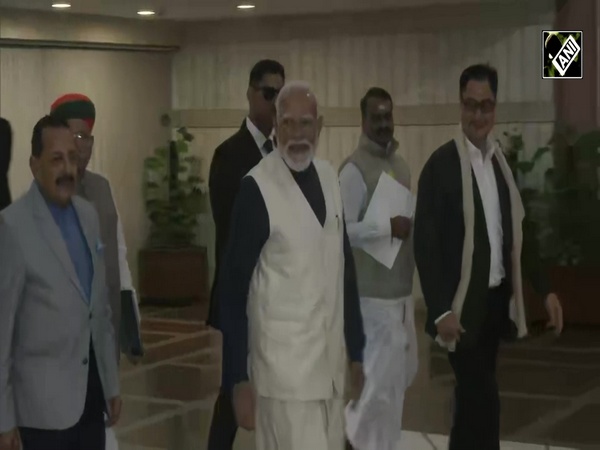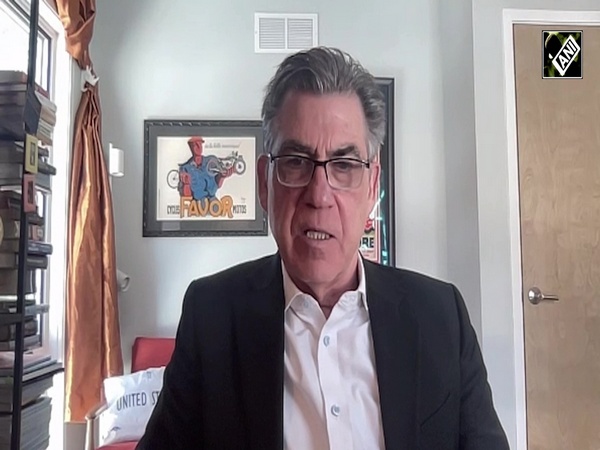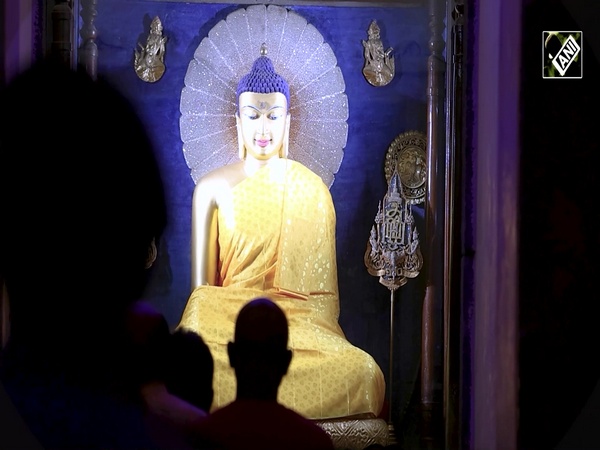Centre declares Marathi, Pali, Prakrit, Assamese and Bengali as classical languages
Oct 03, 2024

New Delhi [India], October 3 : The Union Cabinet on Thursday approved to confer the status of classical language to Marathi, Pali, Prakrit, Assamese, and Bengali languages.
The Government of India decided to create a new category of languages as "classical languages" on October 12, 2004, declaring Tamil as a classical language.
The government also set a criterion for the status of classical language that the language must be of high antiquity in its early texts/recorded history over a thousand years, a body of ancient literature/texts that is considered a valuable heritage by generations of speakers, and the literary tradition must be original and not borrowed from another speech community.
A Linguistic Experts Committee (LEC) was constituted by the Ministry of Culture under Sahitya Akademi in Nov 2004 to examine the proposed languages for the status of classical language.
The criteria were revised in Nov 2005, and Sanskrit was declared a classical language.
The Government of India, has conferred status of classical languages to Tamil in 2004, Sanskrit in 2005, Telugu in 2008, Kannada in 2008, Malayalam in 2013, and Odia in 2014.
A proposal from the Maharashtra Government in 2013 was received in the Ministry requesting Classical Language status to Marathi, which was forwarded to the LEC. The LEC recommended Marathi for classical language.
During the inter-ministerial consultations on the draft note for cabinet in 2017 for conferring classical status to the Marathi language, the Ministry of Home Affairs advised revising the criteria and making it stricter. PMO, vide its comment, stated that the Ministry may conduct an exercise to find out how many other languages are likely to become eligible.
In the meantime, proposals from Bihar, Assam, and West Bengal were also received for conferring the status of classical language to Pali, Prakrit, Assamese, and Bengali.
Accordingly, the Linguistics Experts Committee (under Sahitya Akademi), in a meeting on July 25, 2024, unanimously revised the criteria. Sahitya Akademi has been appointed as nodal agency for the LEC.
The Ministry of Education has taken various steps to promote classical languages. Three Central Universities were established in 2020 through an Act of Parliament for promotion of Sanskrit language. The Central Institute of Classical Tamil was set up to facilitate the translation of ancient Tamil texts, promote research, and offer courses for university students and language scholars of Tamil.
To further enhance the study and preservation of classical languages, the Centres for Excellence for studies in classical Kannada, Telugu, Malayalam, and Odia were established under the auspices of the Central Institute of Indian Languages in Mysuru.
In addition to these initiatives, several national and international awards have been instituted to recognise and encourage achievements in the field of classical languages. Benefits extended to classical languages by the Ministry of Education include national awards for classical languages, chairs in universities, and centres for promotion of classical languages.
The inclusion of languages as classical languages will create significant employment opportunities, particularly in academic and research fields. Additionally, the preservation, documentation, and digitisation of ancient texts of these languages will generate jobs in archiving, translation, publishing, and digital media.
The primary states involved are Maharashtra (Marathi), Bihar, Uttar Pradesh and Madhya Pradesh (Pali and Prakrit), West Bengal (Bengali), and Assam (Assamese). The broader cultural and academic impact will extend nationally and internationally.
The classical languages serve as a custodian of Bharat's profound and ancient cultural heritage, embodying the essence of each community's historical and cultural milestone.
